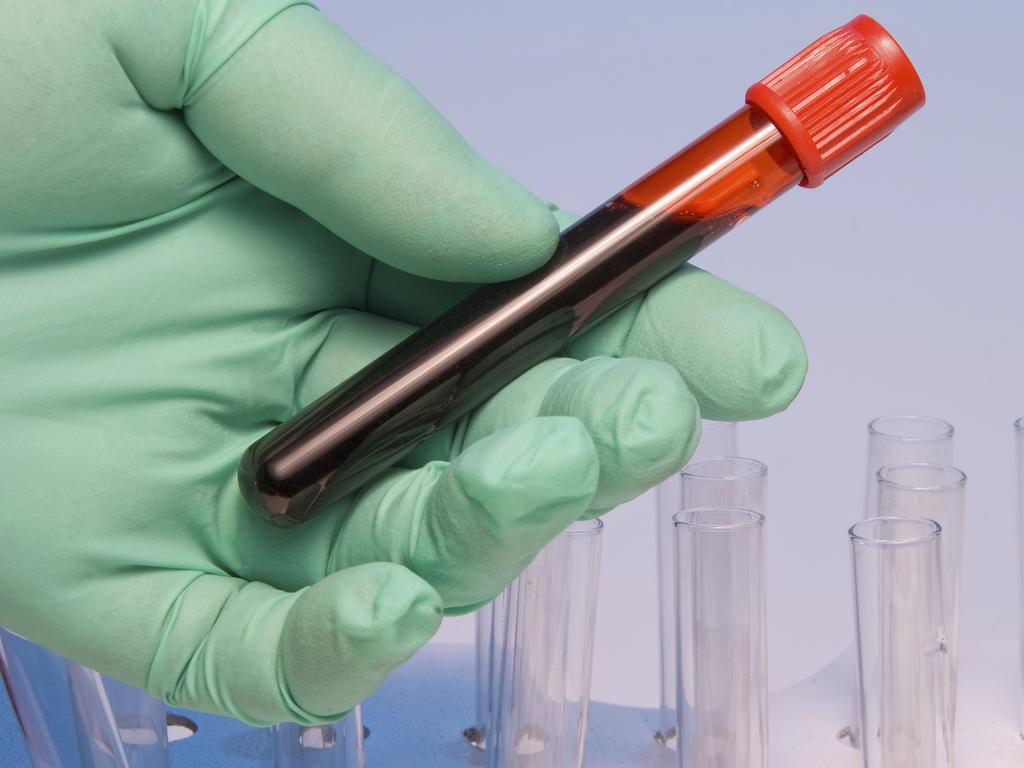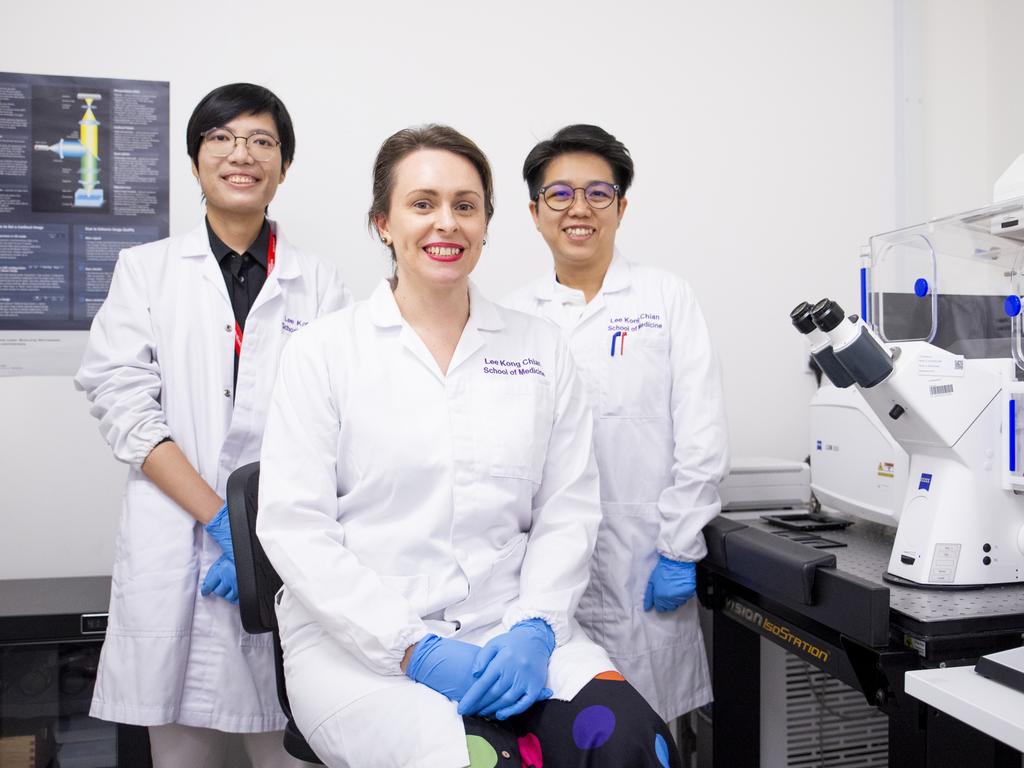Hong Kong: Private clinic opens doors to new era in Alzheimer’s therapy
A new test for Alzheimer’s is moving from trials into the clinic, opening the door to detecting, and treating, the disease earlier.

This week, in a clinic in Hong Kong, someone will turn up, roll up their sleeve and have a blood sample taken. And very few people will notice.
Dementia researchers will, instead, have flashier news to consider. In the US, the Food and Drug Administration has just approved the first drug that clearly slows the progression of Alzheimer’s. At a conference in Amsterdam on Monday the full trial results of another drug that also slows progression was set to be revealed.
But this blood sample, from a patient whose name we will probably never learn, will be just as big a milestone. Because afterwards, that patient will receive a risk score, telling them the likelihood that they have Alzheimer’s.
That means that, at long last, blood tests for Alzheimer’s are moving from trials into the clinic. And many researchers believe that this points the way to the future of treatment: to catching the disease early, to treating it better, and to actually using all these new drugs that are, at last, giving us tools to tackle the disease.
“This is a time to be optimistic,” said Susan Mitchell, head of policy, prevention, early detection and diagnosis at Alzheimer’s Research UK. “This is a field that’s not had any real innovations in 20 years.”
Thanks to drugs and diagnosis working hand-in-hand, she said, “in the next five years we can look forward to radical shifts in how we treat people”.
The mechanisms available at present to diagnose Alzheimer’s are either inefficient or expensive. Most people wait until they have symptoms and gain a diagnosis through a process involving cognitive tests. The alternative is positron emission tomography scans or lumber punctures, but they are not routine or easy.
Until now, this arguably has not mattered. Why have a test for a condition you cannot treat? But in the past year two drugs that can modestly slow the condition, provided you catch it early enough, have passed clinical trials.
Many scientists think that if we can get people even before symptoms appear there is an even better chance of halting progression. To do this, there needs to be a cheap, simple blood test that can be administered at a GP surgery.
“From the disease starting to the beginning of cognitive impairment is a process that we think takes ten to 20 years,” said Dr Joyce Ouyang, the managing director of Cognitact, the company that is developing the test with Hong Kong University of Science and Technology.
People do not usually receive a diagnosis until they have symptoms. “The brain, by then, has severe pathological changes that are irreversible. So we have to identify these people earlier,” Dr Ouyang said.
This is, ultimately, what she is working on. This week in Hong Kong, private patients will be able to pay for the PlasmarkAD test. It is based on research by a team that also includes scientists from University College London. In 2021 they published research in the journal Alzheimer’s and Dementia that showed they could predict the progression and presence of Alzheimer’s using protein biomarkers in the blood. Now they think it is ready to try for real.
They hope it can push back the stage at which we can start making diagnoses and intervening, and allow the effects of interventions to be tracked.
It should be the first of many such tests. Large trials of similar tests are under way in Britain.
Dr Mitchell said it was the start of a paradigm shift in how the disease is managed.
“The challenge we’ve got is, we’ve got these blood tests,” she said. “The tension is, can your phlebotomist in a GP practice in Great Yarmouth reliably sample that and send it off to where it needs to go? So it’s about standard operating procedures, making sure it’s specific, making sure we’ve got labs that are consistently coming back with results. And then you will need a pathway where if someone has raised levels, they can go somewhere to deal with it.”
All of this is difficult, she said, but it’s also doable.
The Times







To join the conversation, please log in. Don't have an account? Register
Join the conversation, you are commenting as Logout